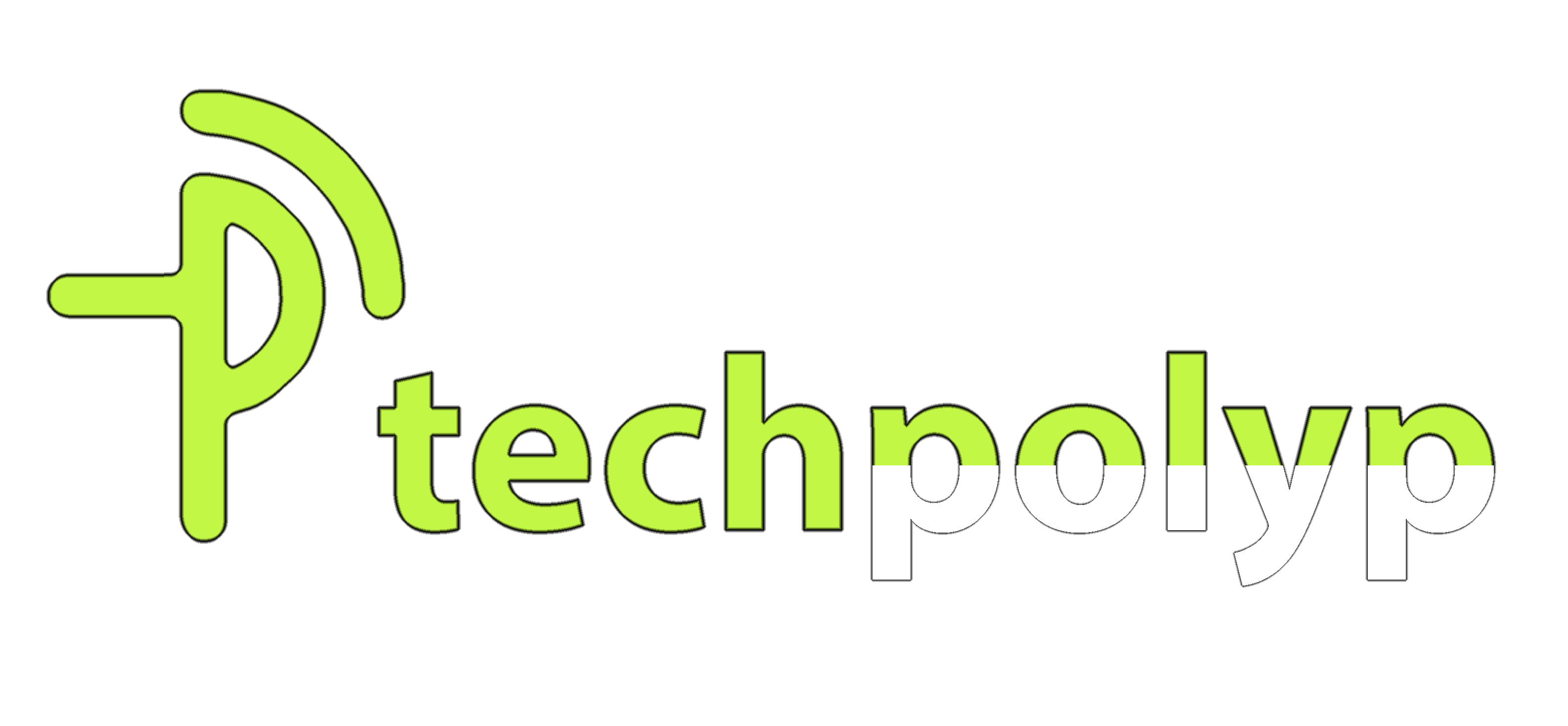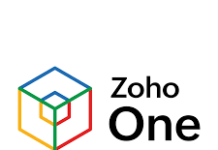When you purchase through links on our site, we may earn an affiliate commission. This doesn’t affect our editorial independence.
The Cameo trademark dispute has taken an unexpected turn, putting OpenAI’s social app Sora under legal pressure. When Sora launched, one of its headline features was “Cameo,” a tool that allows users to create personalized video clips of themselves or others, provided consent was given. The rollout didn’t go smoothly. At one point, the estate of Martin Luther King Jr. had to intervene in the Cameo trademark dispute. This intervention showed how messy the debut became. Now the feature is facing a different kind of problem grounded in trademark law rather than ethics.
READ ALSO: Meta Antitrust Ruling: Court Clears Meta of Monopoly Claims
Cameo, the well-known platform where users pay celebrities for personalised video messages, argues that OpenAI cannot use the word “cameo” at all. According to the company, the name is legally protected, and OpenAI’s use of the term creates confusion among consumers. A federal court appears to agree with the company over the Cameo trademark dispute, at least for now. U.S. District Judge Eumi K. Lee issued a temporary restraining order blocking OpenAI from using the term “cameo” or anything that sounds similar within Sora.
The order, issued on November 21, 2025, remains in effect until December 22, 2025, at 5:00 p.m. A hearing on the Cameo trademark dispute is scheduled for December 19, where both sides will present their arguments. Despite the ruling, the Sora app still contains the word “cameo,” suggesting that changes have not yet been implemented.
Cameo Trademark Dispute: Reaction from Both Sides
Cameo CEO Steven Galanis welcomed the court’s decision in the Cameo trademark dispute, stating that it helps protect the public from what he describes as potential confusion caused by OpenAI’s branding. He expressed hope that OpenAI would permanently stop using the disputed term and avoid further damage to Cameo’s identity.
Read Also: OpenAI Copyright Ruling: German Court Rules ChatGPT Violated Copyright Law
OpenAI, however, maintains that no company should have exclusive ownership of a common English word. In its statement to CNBC, the company said it disagrees with the assertion that Cameo can block broad use of the term. As the Cameo trademark dispute heads toward its court hearing, the outcome may shape how tech companies name emerging digital features.









